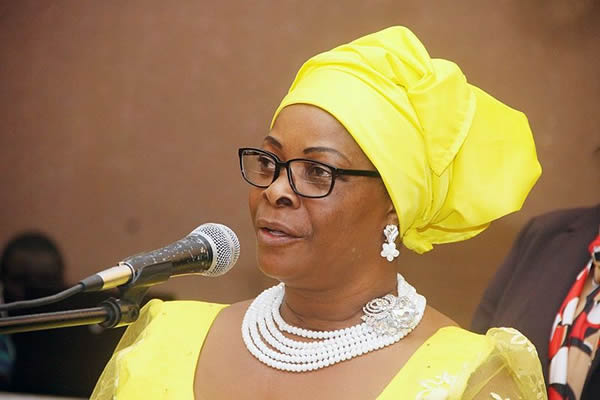 The European Union (EU) has extended support to the Regional Maritime University, to help deliver more ground-breaking training programmes to enable maritime experts deal fully with sea crime along the coast of theGulf of Guinea.
The European Union (EU) has extended support to the Regional Maritime University, to help deliver more ground-breaking training programmes to enable maritime experts deal fully with sea crime along the coast of theGulf of Guinea.
Maritime experts have in recent times, raised concerns over maritime insecurity, such as human and drug trafficking, smuggling, illegal fishing, piracy and armed robbery at sea.
But, Professor Elvis Nyarko, Vice Chancellor of the University, said the critical maritime routes of the Gulf of Guinea (CRIMGO) project spearheaded by the EU, would help managers and operators face the challenge at sea.
Speaking at a graduation ceremony to award various certificates to 42 mid managers and operators from seven coastal countries on Wednesday, Professor Nayarko expressed the hope that the professionals had gained the requisite skills to confront the numerous maritime challenges.
He noted that the training would impact sufficiently on the experts who were already on the field to better ensure safe passage and protection of vessels along the Gulf of Guinea.
They would also be able to act swiftly to deal with emerging cases of high theft in the coastal areas, he added.
“Such highly placed persons in governmental circles would be able to better manage national resources, ensure the improvement of their respective maritime economies and have the capacity to face more threats, in a better secured gulf of guinea,” Professor Nyarko said.
He noted that the training modules were designed to equip graduates with the necessary knowledge and skills, to act as responsible managers.
The Vice Chancellor, however, told the Ghana News Agency that the University needed a vessel to be able to give hands-on training to its students.
He said since the establishment of the University, there had not been any significant modernization, and called for support to acquire a vessel to help train and equip professionals with relevant expertise.
The managers upon resumption of duty at their various workplaces, he said, were expected to apply the knowledge acquired and be diligent in dealing with any kind of maritime event.
He said insecurity in the Gulf of Guinea led to the formulation and adoption of the Yaounde Code of Conduct, in June 2013.
The seven coastal countries that took part in the programme included Benin, Cameroon, Equatorial Guinea, Gabon, Ghana, Nigeria and Togo.
CRIMGO Team Leader, Jean-Pierre Lbonne said: “We the EU have now an opportunity to work together with the regional African-led coordinating platforms that are developing.”
He said the strategic framework would allow the EU to better judge and plan its work with its partners in the Gulf of Guinea in a more coherent manner.
“Increasing the EU’s focus now on coordinating better will have significant effects on security, investor confidence, prosperity, livelihoods, the environment and energy supplies,” he added.
Source: GNA







